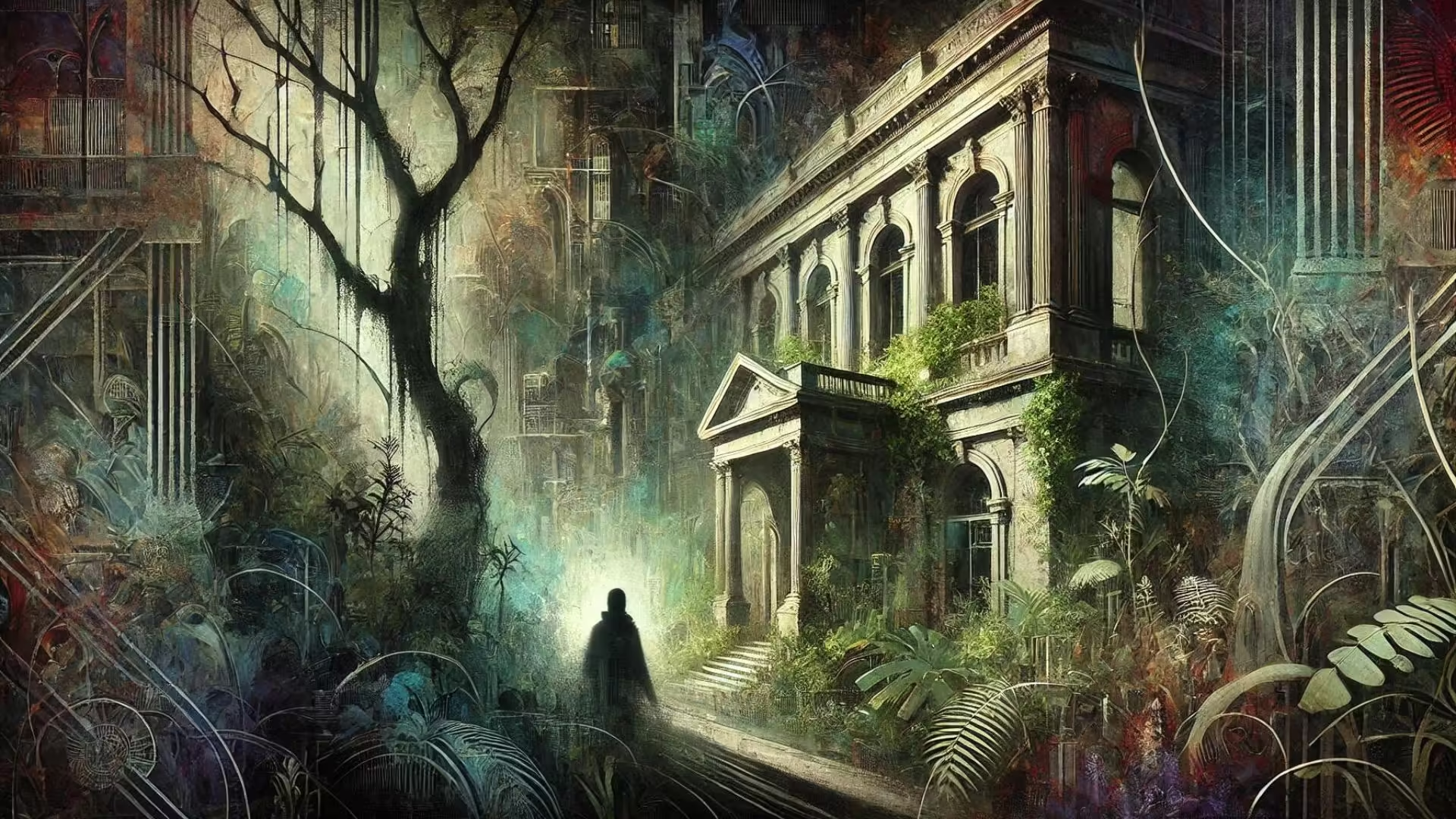Have you ever found yourself immersed in a story where the line between reality and illusion blurs beyond recognition? In today’s episode of The Digest Echoes, we dive into the enigmatic world of The Green House, a novel by Mario Vargas Llosa that forces us to confront the contradictions of morality, power, and human nature. But that’s not all! We also unlock the secrets of creating unforgettable side characters in storytelling and examine how war has shaped literature across the ages.
If you’re ready to explore thought-provoking themes and sharpen your storytelling skills, this episode is for you!
Key Topics Covered:
The Green House by Mario Vargas Llosa:
- What does The Green House symbolize? Is it merely a physical location, or does it represent something deeper, like the human soul or societal decay?
- Explore how the novel’s characters and timelines intertwine to reveal complex questions about morality, freedom, and the boundaries between civilization and chaos.
- Unpack the themes of exploitation, colonialism, and the blurred lines between good and evil, all of which resonate through the Peruvian town of Piura.
- Reflection: How do the physical and emotional structures in your own life challenge your identity and morality?
Creative Writing Tips – How to Make Side Characters Complex and Relatable:
- What makes a side character memorable? Learn how to give your supporting characters flaws, desires, and their own personal growth arcs to make them relatable.
- Discover how contradictions in side characters add layers of complexity and make them more human, while still serving the broader themes of the story.
- Reflection: In your own writing or favorite stories, do the side characters stand out as individuals with their own goals, or do they merely support the protagonist?
The Impact of War on Literature:
- From ancient epics like The Iliad to modern novels like All Quiet on the Western Front, war has always had a profound influence on storytelling.
- Explore how war literature reflects both heroism and trauma, and how fragmented narratives mirror the chaos of conflict.
- Reflection: What role does storytelling play in healing the psychological and emotional wounds of war? Can literature help us understand and move beyond conflict, or is it simply a way to preserve history?
Vocabulary in Context:
Throughout the episode, we dive into several important vocabulary terms that add depth to both the literary themes we discuss and their real-life applications. Here are a few key terms:
- Corruption: In The Green House, corruption is not just political—it permeates the entire moral fabric of Piura. In real life, corruption can refer to the decay of values in any system, whether it’s a government, a workplace, or a personal relationship.
- Exploitation: A central theme in Llosa’s novel, exploitation refers to using someone or something unfairly for personal gain. This can apply to both economic systems and social dynamics.
- Morality: Llosa challenges our understanding of morality, showing that right and wrong are often subjective and shaped by context.
- Refuge: A key motif in the novel, refuge is both a literal place of safety and a metaphorical escape from one’s own choices or circumstances.
- Illusion: Llosa blurs the lines between reality and fantasy, creating a world where the characters’ perceptions of truth are constantly in flux.
Discussion Questions:
We love to keep the conversation going, and these questions are designed to help you reflect on the themes explored in today’s episode:
- The Green House presents a world where morality is anything but clear-cut. Do you believe moral choices are ever truly black and white, or are they always influenced by circumstances?
- Have you ever experienced a place or situation in your own life that served both as a sanctuary and as a source of conflict, much like the green house in Llosa’s novel?
- In your own writing or favorite stories, how do side characters contribute to the emotional core of the narrative? Do they have their own growth arcs, or are they merely there to support the protagonist?
- How does war literature shape your understanding of human resilience and vulnerability? What role do you think storytelling plays in processing the trauma of conflict?
Further Exploration:
For more in-depth articles, quizzes, and resources, visit our website at englishpluspodcast.com, where you’ll find the Phoenix Digest, English Plus Magazine, and so much more. And don’t forget, if you want to listen to this episode and our entire back catalogue, become a premium subscriber on Apple Podcasts or Patreon!










0 Comments